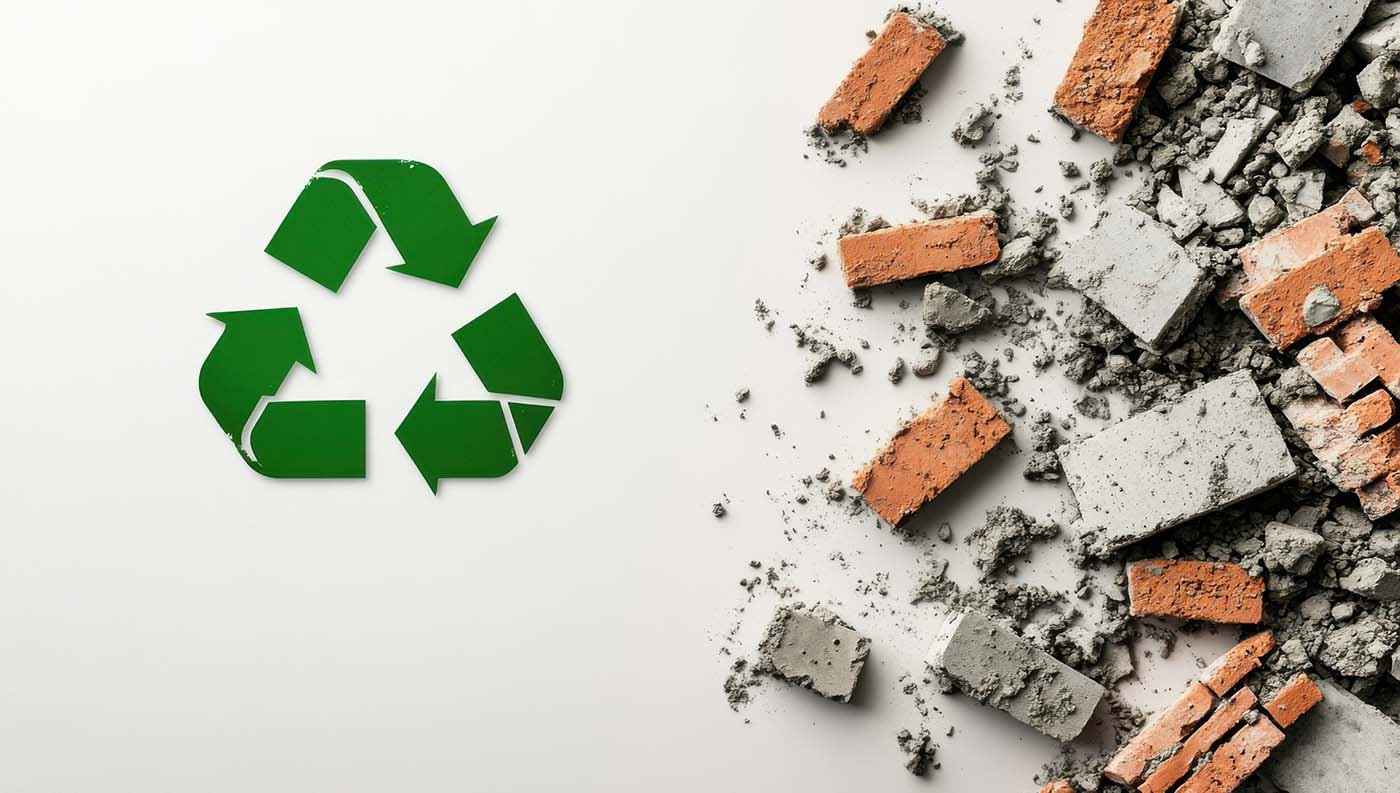In 2008, The Site Waste Management Plans Regulations 2008 placed obligations on the client (other than domestic clients) and the principal contractor for any construction project with an estimated cost of more than £300,000 (the price agreed in the accepted tender i.e. excluding VAT and consultant fees, see Department for Environment, Food and Rural Affairs: Non-statutory guidance for site waste management plans P5). This applied to all aspects of construction work, including demolition, excavation, maintenance, alteration, decoration, and engineering projects. However, this was overturned in late 2013 in an attempt to reduce red tape, and it is no longer compulsory for sites to produce SWMPs for every project.
In an industry that produces 100 million tonnes of waste per year, project managers have a responsibility for managing resources and protecting the environment. Despite no longer being a legal requirement, site waste management plans (SWMPs) are an important (and common practice) of the construction process and can be very beneficial to your construction project.
What Is A SWMP?
SWMPs are designed to enable construction project managers to plan and record how construction site waste will be managed and controlled at all stages of a construction project. They cover the following:
- Who will be responsible for resource management
- What types of constuction site waste will be generated
- How much of each type of construction waste will be generated
- How construction waste will be managed, for example if it will be reduced, reused or recycled
- Which contractors will be used to ensure waste is disposed of correctly
- How construction waste will be measured
Why Do You Need A Site Waste Management Plan (SWMP)?
There are many benefits for having a SWMP, including:
- Protecting the Environment
SWMPs help you to protect the environment by reducing waste and sending less material to landfill. Reducing waste can also result in less fly-tipping, lower energy use, and an increase in recycling.
- Increasing Profitability
SWMPs can save you money – better storage and handling makes it easier for materials to be recovered, and reusing materials cuts your disposal costs as well as the initial cost of materials.
- Improving Your Reputation
Site Waste Management Plans help you to dispose of your waste legally and avoid prosecution. You will also be able to prove your environmental performance and enhance your reputation, giving you an edge over competitors and enabling you to acquire new business.
- Improved Efficiency For Future Projects
You will also be able to improve future projects by looking at the information you have on managing your waste from previous SWMPs.
Overall, SWMPs are designed to increase environmental awareness and promote responsibility, making construction workers think about their waste and make conscientious choices regarding the materials they use.
Remember, some projects still require SWMPs in order to comply with BREEAM assessments. SWMPs can also be necessary for planning conditions and can help you to gain points with the considerate constructors scheme.
How Does It Work?
A SWMP is usually created before construction begins, and involves planning how to minimise construction waste / site waste, as well as estimating the types of site waste that will be produced and the quantities of each. Once work begins, any construction waste disposal handled on the site or construction waste removal from the site is recorded. Reports can then be created to ensure the waste is dealt with responsibly, efficiently, and in the most profitable way possible. An evaluation is recorded at the end of the project ensuring you have control of your waste management.
How Can You Implement A SWMP?
WPS can help you to develop a site waste management plan, increasing the profitability of your project and minimising effects on the local environment. If you don’t already have a SWMP in place or are unsure of how to get started, contact us to find out how we can help you reap the benefits.


